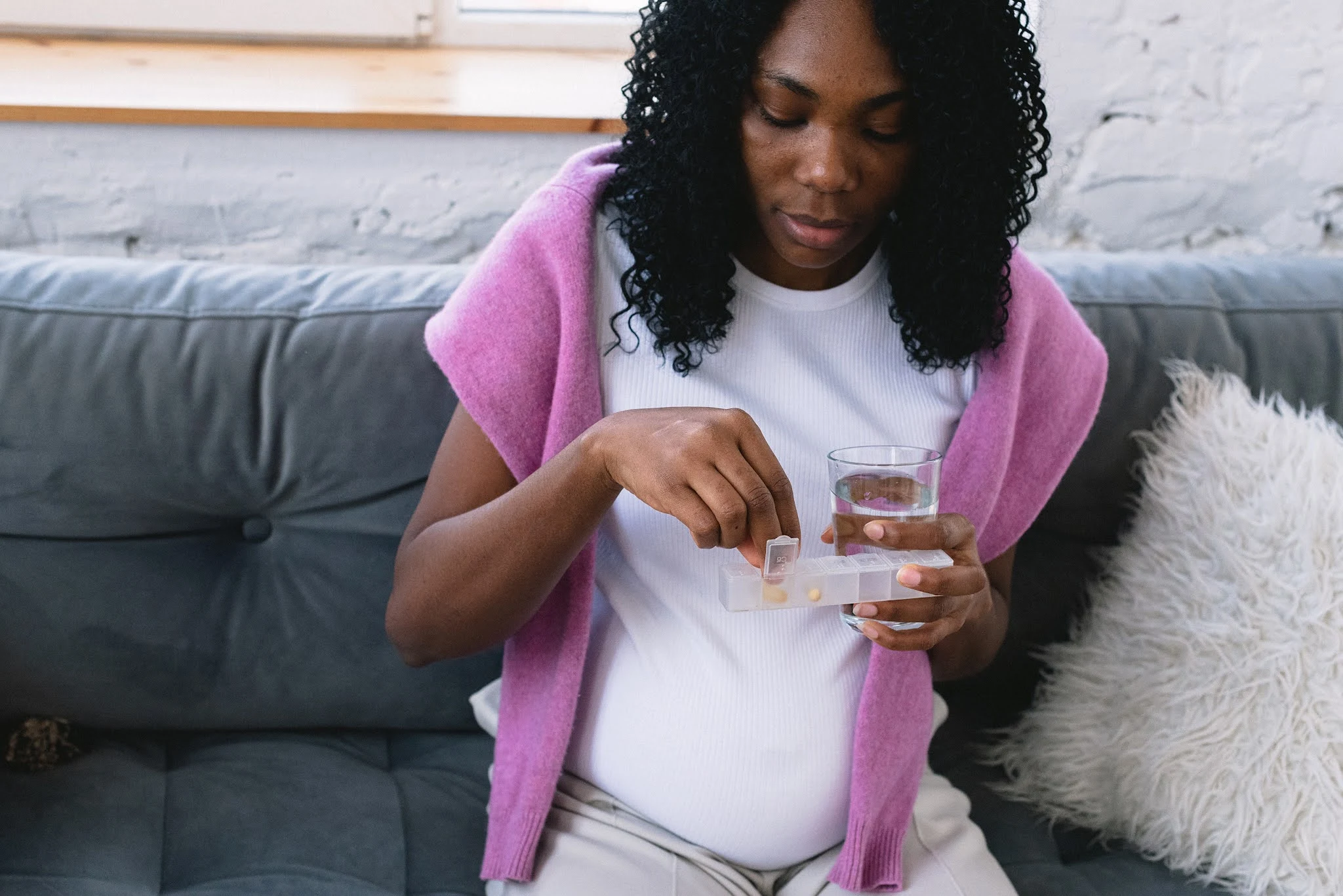1. Look After Your Physical Well-Being
2. Adopting a Positive Attitude Towards Yourself
3. Volunteer for a Cause
One of the most excruciating things you'll ever go through is passing a kidney stone, according to those who have experienced it. Calcium, oxalate, and uric acid are some of the minerals that can cause kidney stones to form in your urinary tract. You don't have to use medicine to prevent kidney stones! If you want to avoid kidney stones naturally, here are four simple steps:
1. Maintain adequate hydration
One of the most effective natural strategies to prevent kidney stones is to stay hydrated at all times! Water is the best option, however, lemonade and orange juice are also acceptable beverages. When you do not drink enough water, you have low urine production. Because your urine is more concentrated, it is less likely to dissolve urinary salts that create stones. A simple way to determine if you are well hydrated is to examine the color of your urine and ensure that it is clear or pale yellow; if it is not, you should drink more! Consume at least eight glasses of liquids per day, but add more if you move or sweat frequently.
2. Consume Less Sodium
If you consume a lot of salt in your current diet, this can raise your risk of developing calcium kidney stones. This is because an excess of salt in the urine inhibits calcium resorption from the urine into the blood, resulting in elevated urine calcium and the possibility of kidney stones. As a result, by consuming less salt, you can maintain a healthy quantity of calcium in your urine. Sodium-containing foods include canned soups, canned vegetables, processed foods, lunch meat, and sauces; therefore, attempt to limit or remove these foods from your diet. If you prefer to flavor your dish without adding salt, try using fresh herbs instead.
A recent study demonstrates that the alternate biopsy procedure for the prostate is more complicated.
Nothing beats a glass of water when you're feeling thirsty or dehydrated! After all, your body is composed of 60% water, and you lose water through sweat and pee on a daily basis. While water is obviously necessary for our life, there are numerous health benefits to drinking plenty of water throughout the day! Here are five incredible health benefits of drinking water:
1. Maintains normal bowel function
2. Maintains a healthy balance of bodily fluids
3. Aids in Calorie Control
4. Recharges Your Muscles
5. Maintains Skin Health
Summary
Frequently asked questions
How much water should you drink?The National Academies of Sciences, Engineering, and Medicine of the United States decided that an acceptable daily fluid consumption for males is around 15.5 cups (3.7 liters) of fluids. Women should drink approximately 11.5 cups (2.7 liters) of fluids every day.
Do not cover your nose with your hands while sneezing.
When coughing or sneezing, cover your mouth and nose with a tissue, not your hands. This will reduce the spread.
Get a flu shot if you haven't already.
Whether you're pregnant or planning to get pregnant, it's critical to educate yourself on the precautions you should take to protect both you and your baby's health. There are numerous factors to consider, ranging from maintaining a healthy diet to developing a birth plan. To assist you, here are five suggestions for a healthy pregnancy.






